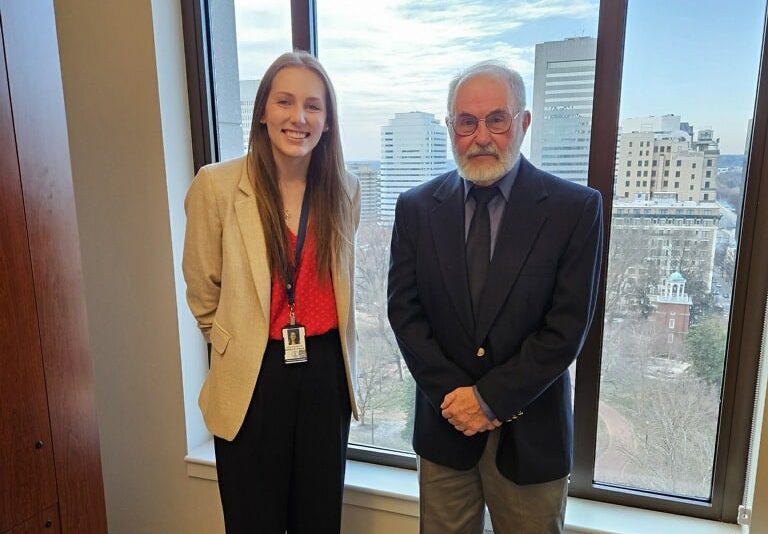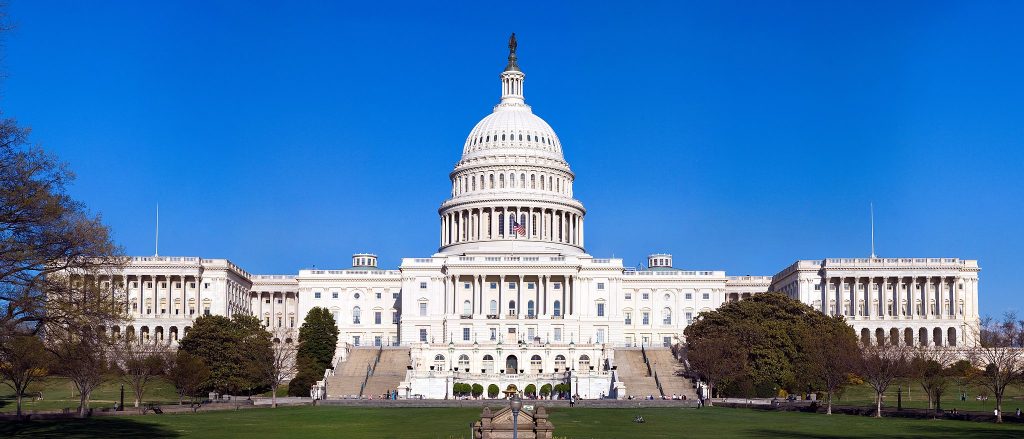In Memoriam, Charles Kennedy — Defender of Brumley Mountain
I only met Charles Kennedy a grand total of three times, but his recent death has shaken me as deeply as if I had known him all of my life.
The first time I met him, ironically enough, was on assignment from this very newspaper. I was writing an article about Charles’ work to help save Brumley Mountain and the Great Channels in the Clinch Valley area of southwestern Virginia from being destroyed by developers. The Great Channels are a 420-million year old sandstone formation on top of Brumley Mountain. Developers would have loved to mine the pure white sandstone for car windshields and to log the mountainsides. Charles owned the right-of-way to the land, and despite enormous pressure to sell and forget about the Great Channels, he refused. He was shot at, beaten, and otherwise threatened, but he still refused to give up. He was instrumental in persuading the Nature Conservancy to buy Brumley Mountain, and at the time of his death, was working with them to have the area designated as a state forest. At the same time all this was happening, he single-handedly saved his wife’s village in the Philippines, snatching it from the hands of developers and returning it to the local people.
Such determination alone inspired me, but what kept Charles in my mind long after our brief encounter was his overwhelming love of the land, his deep trust in human goodness, and his generosity. He immediately welcomed me and my husband as though we were long-lost friends, inviting us to sleep in the beautiful lodge he had built with salvaged materials. He invited me into the sacred circle of his sweat lodge that first night, as if he knew the grief I still suffered over the death of my father that year, even though I’d not said a word. In the morning, he took us high on the ridge to the Great Channels he loved, trusting that we would share his love and passion.
I returned twice after that—to a Celtic music celebration where my colleague’s daughter played fiddle in the misty mountain twilight and to bring a group of my students to camp and experience both the beauty of Brumley Mountain and Charles’ courage and vision. Each time, he wondered why I didn’t visit more often, wanted to know what I was doing, and when I’d be back next. It didn’t occur to me then that there would be no next time. I had been planning another visit this coming spring. The fact that Charles might not be there simply didn’t enter my mind. To me, he had become as much a part of that mountain as the Channels themselves. The notion of his death just seemed illogical.
No one was more aware of the impermanence and great uncertainties of life than Charles. He suffered from a rare blood disease that had sent him spiraling out of control with drugs and alcohol, which in turn launched him on a spiritual quest across the Southwest to reclaim his Native American heritage. He had been a jewel smith to celebrities (Cher among them) and presidents’ wives. He had traded many lifetimes and many selves to become the man worthy of his mountain, and perhaps only his wife Alona understood what he had truly sacrificed and gained.
American culture is obsessed with heroes, and yet it seems that heroes are increasingly difficult to find, especially in our own backyards. We only seem to recognize a hero posthumously, acknowledging after his or her struggles are over that yes, indeed, that person was a hero. I think, however, that many people knew Charles as an unquestionable hero in his lifetime. The lives he touched—from the people in his community to the bears, the birds, even the smallest sprig of wintergreen—are innumerable. Like the truest heroes among us, Charles refused to fall prey to cynicism or despair. He saw through the veil of materialism that shrouds our culture to what is timeless—the sacredness and necessity of this earth. He taught all of us that there is a different kind of wealth, that we can be rich and happy and free just by breathing, just by being in this world. I will thank him for that forever.
Related Articles
Latest News

Leave a comment
Your email address will not be published. Required fields are marked *
One response to “In Memoriam, Charles Kennedy — Defender of Brumley Mountain”
-
I’m sorry to hear of his passing. I hadn’t seen him since I worked at Southern States in Abingdon.l left there in June ’06. So glad they didn’t destroy that mountain.We plan on going hiking there soon.





Leave a Comment